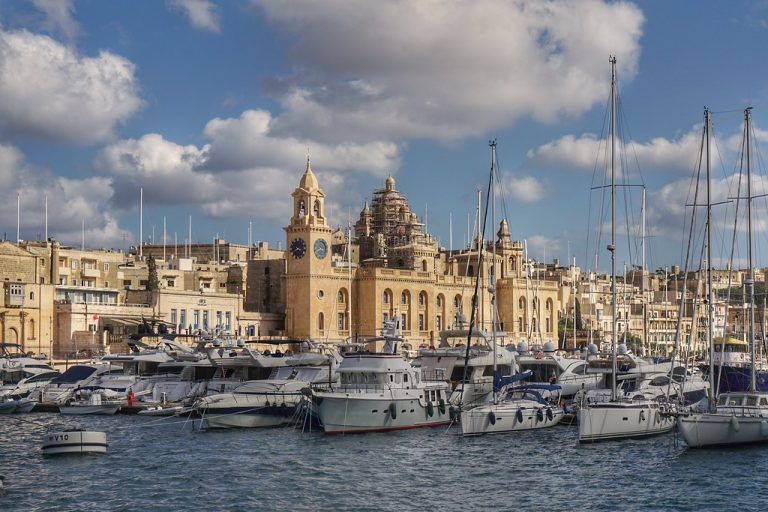With the rise of globalization, more people than ever before are moving to new countries and settling as expats.
An ‘expat’, or ‘expatriate’ is defined as ‘someone who lives outside their native country’.
Sometimes for love and other times for work, expats love exploring new horizons and building lives in foreign places. These individuals are typically entrepreneurs, investors, and freelancers. Expats are also often times highly wealthy individuals shopping for a tax-friendly place to live.
Today, Thailand, Lisbon, Prague, and even Buenos Aires are all destinations with a high number of expat residents.
One very attractive destination that is flying under the radar though is Malta.
Located right in the middle of the Meditterean Sea, Malta has a rich history and culture. As a cluster of islands, it is home to nearly 500,000 residents who enjoy its breathtaking coastlines. People not only love this tiny mediterrean country for its sunshine and beaches though. They also love living in Malta because of its financial benefits.
The reason why expats love living in Malta
One of the main reasons why wealthy expats love living in Malta is because of its attractive tax system.
Due to Malta’s prior British rule, the country still has a remittance-based tax system. What does that mean? Essentially, foreign residents of Malta are only taxed on income made in Malta and income from foreign sources ‘remitted’ to Malta.
For those who work or set up a business in Malta, personal income tax liability can range from 0-35%, depending on income level. However, individuals making money from foreign sources are only taxed on what is actually sent or ‘remitted’ to Malta.
Another benefit for expats is that they do not have to pay income tax on any ‘foreign sourced capital gains’. Not even gains remitted to Malta.
Other attractive tax benefits include no inheritance tax, gift tax, or wealth tax. This makes Malta extremely attractive to the super wealthy, who try very hard to avoid these taxes in mainland European countries.
Despite its nonexistent inheritance, gift, and wealth taxes, Malta does require stamp duties for the sale of real estate and business entities. Stamp duties are basically taxes on the legal sale of these assets. The tax obligation for the sale of real estate and businesses is 5% and 2%, respectively.
Malta residents get more than just a tax break
There is obviously much more to love about living in Malta than the great tax benefits.
Unlike tax havens like the Cayman Islands, Monaco, or Liechtenstein, Malta’s name doesn’t come with a negative stigma. Not only that, but it is relatively simple to gain residency. This is in stark contrast to places like Liechtenstein who strictly limit immigration.
Additionally, given the official language is English, it is an easy place for expats to acclimate and conduct business in.
As a bonus to beach lovers, Malta’s typical Meditterrean climate means that it receives loads of sunshine and has very mild winters. Perfect for spending large amounts of time at the seaside.


0 Comments